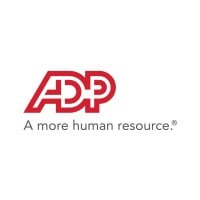
Automatic Data Processing
ADP is a comprehensive global provider of cloud-based human capital management (HCM) solutions that unite HR, payroll, talent, time, tax and benefits administration, and a leader in business outsourcing services, analytics and compliance expertise. My focus is within ADP's benefit servicing, decision support division headquartered in Durham, North Carolina. Our group owns patented technology in conjoint analysis that it customizes for private and public sector companies.






